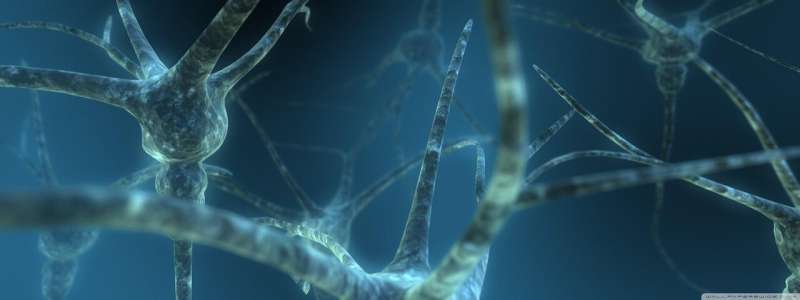
Certain brain wave patterns that occur while an individual sleeps may be assessed by clinicians to help them diagnose dementia and other conditions related to memory, language, and thinking. A new study published in Sleep that was led by investigators at Massachusetts General Hospital (MGH) and Beth Israel Deaconess Medical Center (BIDMC) could help improve automated methods for detecting these brain wave patterns, or sleep spindles, and for correlating them with cognitive function.
Sleep spindles are bursts of brain activity that occur during non-REM sleep and can be assessed through electroencephalograms (EECs) involving…

























